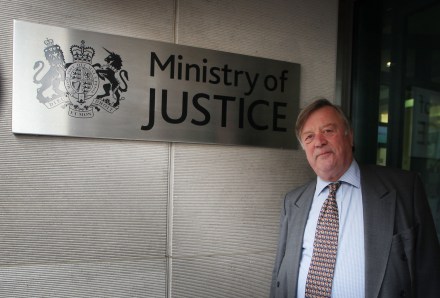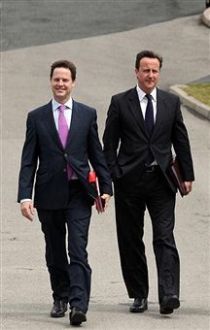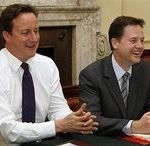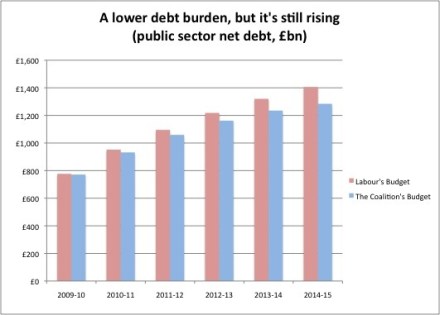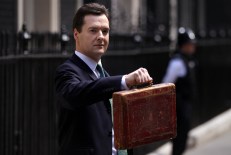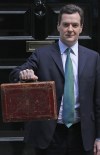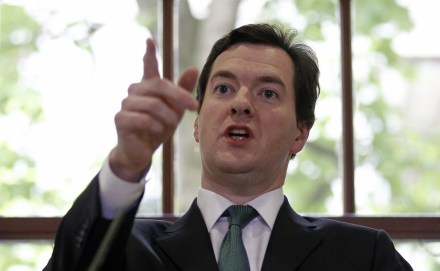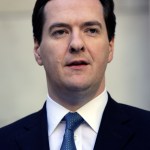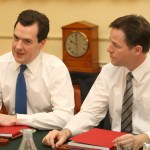A Tory Case for Electoral Reform
David Aaronovitch’s column today is excellent. He makes a case for David Cameron coming out and supporting the switch to the Alternative Vote. The key bit: The pessimism that Conservatives invariably express about their fortunes under electoral reform is based on a particular assumption about the British electorate — an assumption that belies their constant invocation of “the great ignored” or the silent majority. The assumption is that there is a natural majority for the Centre Centre Left in Britain, a majority that only the division of the two centre-left parties within the first-past-the-post system neutralises. So the current system operates (in Tory eyes) as a perpetual pro-Tory gerrymander. I


